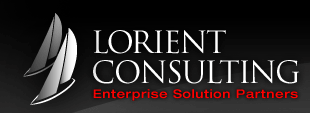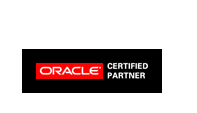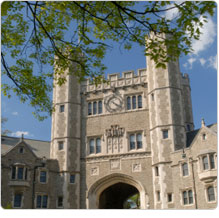 |
 |
 |
Methods & Approach |
Lorient Implementation Methods & ApproachLorient Consulting has devised an efficient, cost effective approach to software implementations and upgrades. There are seven (7) phases to our standard implementation methodology: The numbers of phases chosen are intentional and are based on practical experience derived in the field. This number of phases gives the project, the proper level of granularity in order to be managed and implemented successfully. Phase I: Discovery and PlanningThe first phase is the Discovery and Planning, which consists of gathering information about business requirements and objectives by means of a series of workshops. The resulting information from these workshops is applied together with the CMMS application in order to derive maintenance best practices. Phase II: PrototypingThe second phase is developing a Prototype environment for achieving solution definition and validation. This defines and validates the optimum integrated solution to match the maintenance, operations and business requirements. The purpose of the prototype is to emulate the production system, identify gaps and acceptable “work-around” processes in order to validate user acceptance and verify that the business requirements have been fully satisfied. During this phase CMMS knowledge transfer to key client personnel becomes a priority. Phase III: Resolve Customization and Interface RequirementsGaps discovered during discovery and prototyping are resolved through customizations and/or interfaces to existing systems. All customizations are included as part of the following testing phase. Phase IV: TestingThe testing phase requires a high level of effort. Following unit, system and verification testing, Lorient recommends a comprehensive user acceptance program. A comprehensive validation test program and identification of critical issues and quick resolution removes the “road blocks” to a successful go live. Phase V: TrainingTraining for power users and end users can be accomplished in several ways and is usually tailored to the clients needs. Lorient recommends a "Train the Trainer" approach. This approach significantly reduces the cost for training. In addition, development of quick and effective computer based training for the mass number of end users (not recommended for power users) can provide consistent and efficient training for this class of user. See our online training offering through our partner eAM Master. Phase VI: Build and DeployThis phase includes production setup of all modules, legacy data conversions, legacy system interfaces, cutover plans and finally rollout to sites. Lorient Consulting provides go-live and post go-live support teams to facilitate a smooth implementation and successful transition to the new production environment. Product knowledge transfer is an integral part of this phase to ensure that the customer has the necessary skill set to support the new system going forward. Phase VII: Post ImplementationOn-Going support after GO-Live, QA analysis of project in order to identify any gaps or short comings, knowledge transfer and documentation to ensure a quality deliverable and a satisfied customer. |



